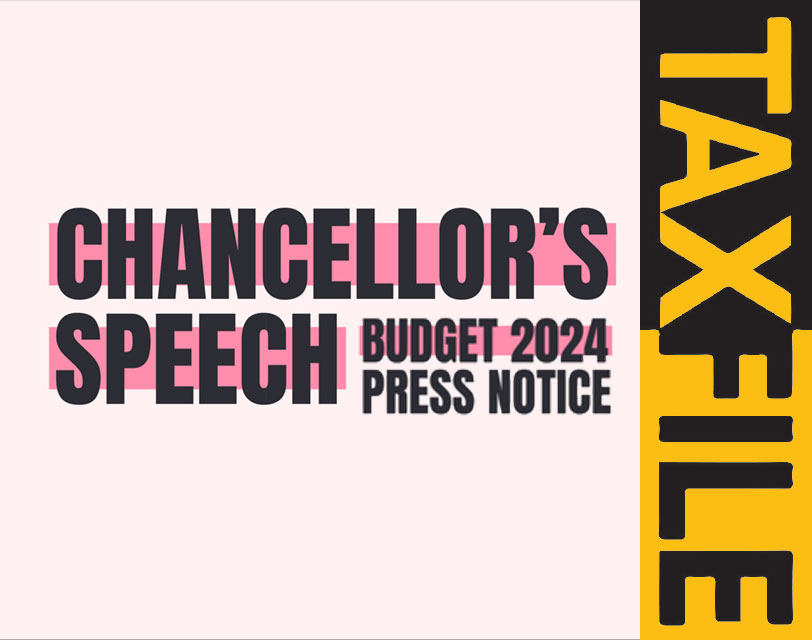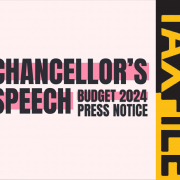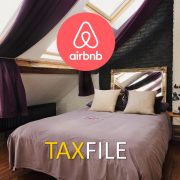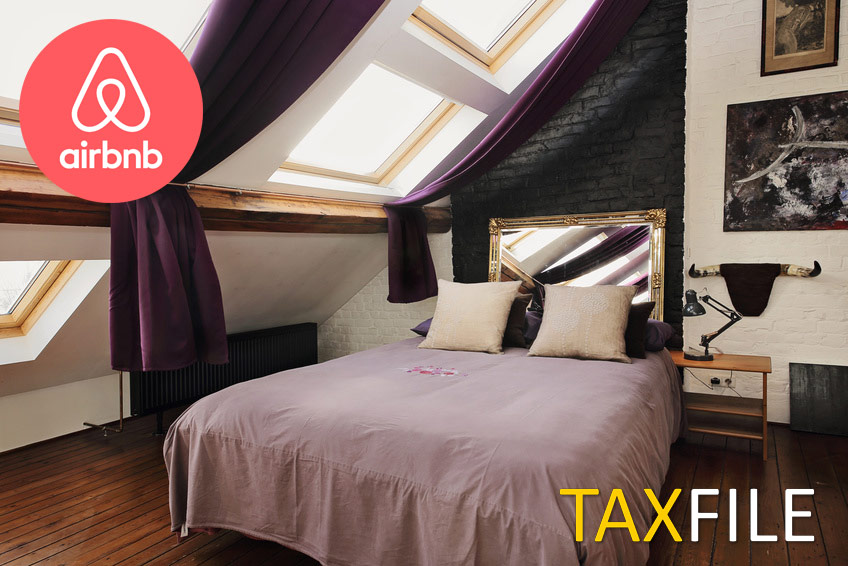Spring Budget 2024: A Balancing Act for the UK Economy

by Ali at Taxfile.
The UK Chancellor, Jeremy Hunt, delivered his Spring Budget on March 6, 2024, amidst a backdrop of subdued economic growth and limited fiscal headroom. The budget aimed to strike a delicate balance between supporting economic activity, controlling public spending, and preparing for future challenges.
If you have missed the announcements, the Key Highlights for the majority of our clients are as follows.
Tax Cuts
The budget continued the government’s commitment to lower taxes, announcing a further 2p cut to National Insurance contributions (NICs) for both employees and the self-employed as of 6th April 2024. This measure, alongside previous cuts, delivers the largest-ever reduction in NICs, aiming to boost disposable income and stimulate economic activity. Hunt says the National Insurance cut, to begin next month, is worth £450 a year for the average worker earning £35,000 p/a.
VAT Threshold Changes
Recognising the crucial role of small and medium-sized enterprises (SMEs), the Chancellor announced an increase in the VAT registration threshold from £85,000 to £90,000 starting from 1st April 2024. For the de-registration from VAT, the taxable threshold has also increased, by the same amount, to £88,000.
Child Benefit
The Spring 2024 UK Budget contained two key points regarding child benefit:
- The income threshold at which the High Income Child Benefit Charge (HICBC) applies increased from £50,000 to £60,000 annually. This means families with one parent earning less than £60,000 will now receive the full amount of child benefit.
- There are also plans for future reform; the government announced a consultation to explore assessing the HICBC based on household income instead of individual earnings. This reform is planned to be implemented by April 2026.
The current system has been criticized for being unfair, as two single parents each earning £49,000 would receive full child benefit, while a single parent earning £50,000 would not. Assessing the charge based on household income aims to address this disparity.
Capital Gains Tax
The Spring Budget also includes two changes relating to Capital Gains Tax (CGT) on property:
1. Reduced rate for residential property
The higher rate of capital gains tax (CGT) due on disposal of residential property will reduce to 24% (from 28%), beginning on 6th April 2024. This means that individuals selling a second home or investment property will pay a lower tax rate on their profits.
2. Abolition of the Furnished Holiday Let (FHL) regime
Announced for 6th April 2025, the budget proposes abolishing the FHL tax regime. This regime currently offers beneficial tax treatment for furnished holiday lets. Instead, all UK residents will be subject to the same capital gains tax rules on their rental income, regardless of whether the property is a long-term or short-term let.
Non-Domiciles: Scrapping of the Remittance Basis
The previous system, where ‘non-doms’ only paid UK tax on non-UK income and gains if they brought them into the UK (remitted), is being abolished entirely.
The reform aims to create a simpler and fairer tax system for individuals regardless of their domicile status. It also encourages spending and investment within the UK by offering temporary tax exemption on foreign income brought into the country. This will be done by:
1. The introduction of a residency-based system
The new regime focuses on residence instead of domicile. Individuals arriving in the UK after April 2025 will be exempt from tax on foreign income and gains for their first four years of UK residence.
2. A transition period
Existing non-doms will have a transition period to adjust to the new system.
Any Questions?
If you have any questions relating to the Spring Budget and how it might impact you or your business, please contact Taxfile today.
Taxfile are high-quality accountants and tax advisors in Tulse Hill, Dulwich and the South West of England.



